Tetyana Kaganovska, Rector of Karazin University, emphasized:
"We live in a time when a university is not just an educational space but a humanitarian one as well. Our task today is to create an environment where every individual, regardless of physical abilities, feels comfortable, accepted, and protected. We have all the necessary resources: quality education, sports infrastructure, and opportunities for recreation and self-development. But the most important thing is that we understand that our society must change. We must look to the European experience, where respect for every person is not an exception, but a norm. And we must always remember that we owe our defenders not only our safety but also the opportunity to develop such initiatives — gratitude and care for them must become our permanent values."
Kostiantyn Ananchenko, Head of the Department for Youth and Sports of Kharkiv Regional Military Administration, presented the current adaptive sports projects and highlighted the importance of partnerships with universities in building an effective support system.
Mykhailo Tarasenko, a Ukrainian Armed Forces veteran and bronze medalist at the Invictus Games 2025, shared his personal experience:
"The goal of adaptive sports is socialization. We engage defenders as early as the stage of treatment or even during prosthetic care. Sports help people avoid social isolation, find like-minded individuals, and feel that they are once again part of society. And from there, a whole space for growth, competition, and self-realization opens up."
Karazin University is working to become a platform for veterans’ return to an active, fulfilling life through education, adaptive sports, and participation in university initiatives and events.
Our mission is not only to support the adaptation of defenders but also to prepare society for new realities — where respect, inclusion, and gratitude are the foundation of our shared future.



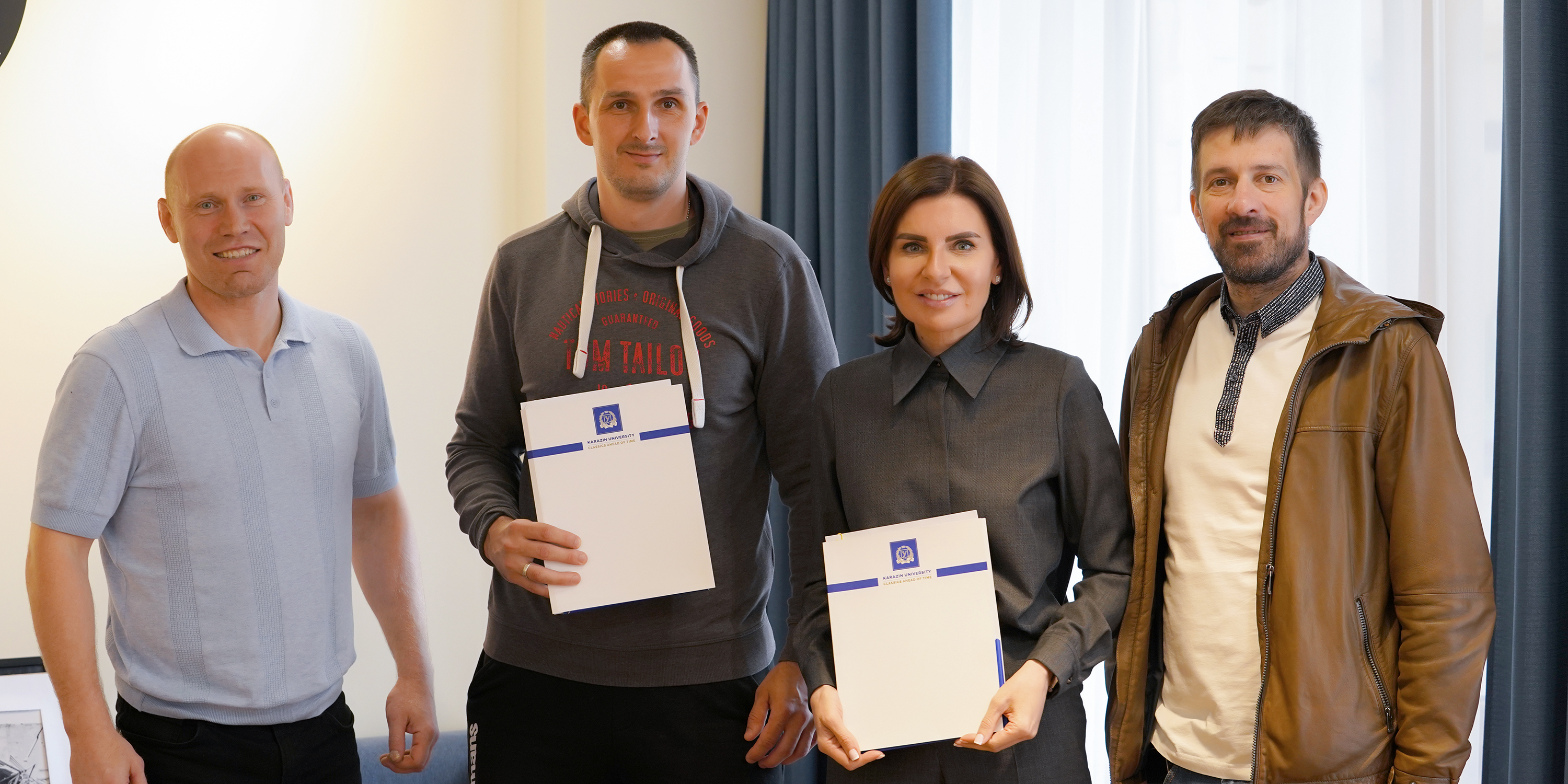
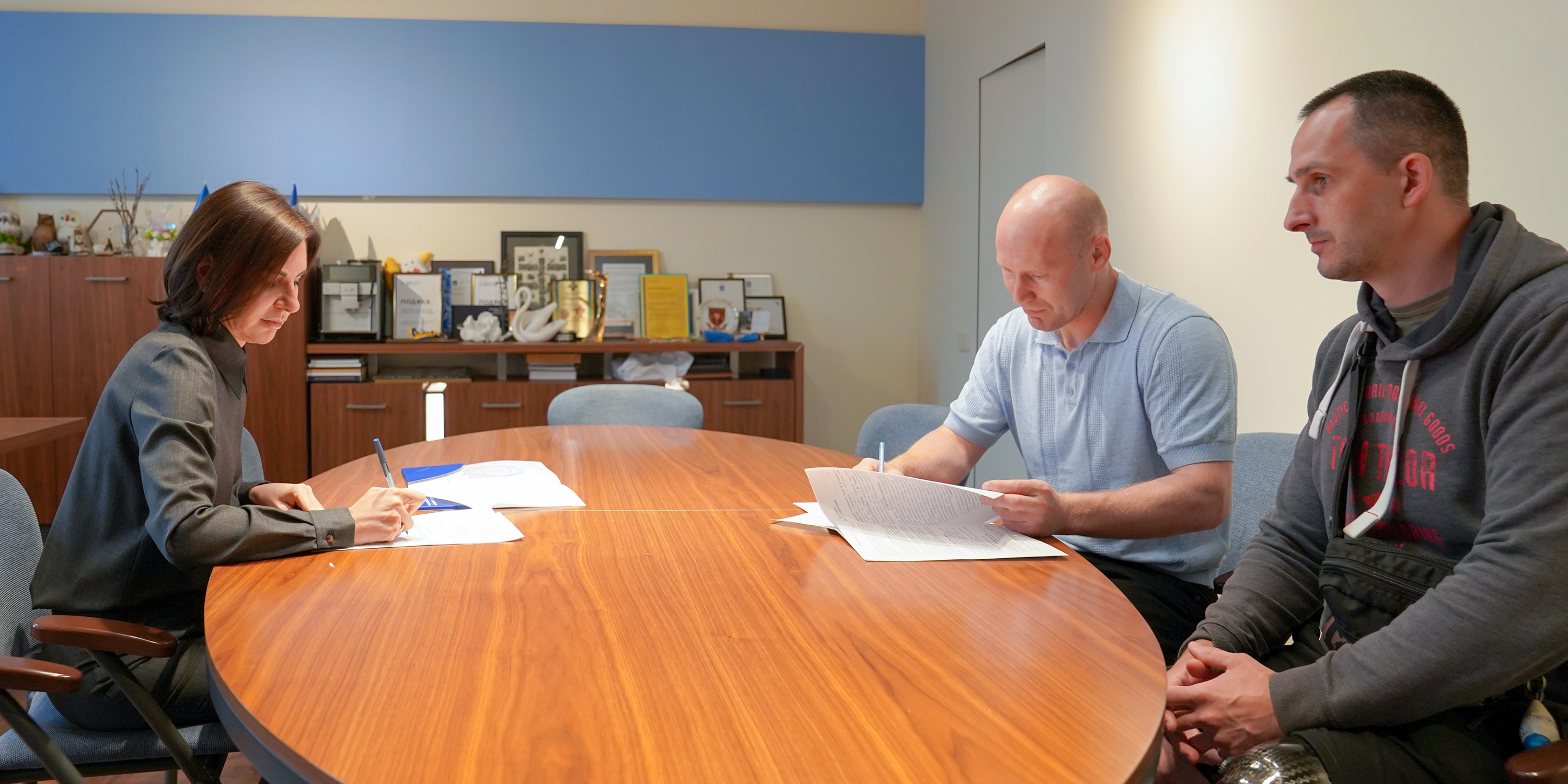
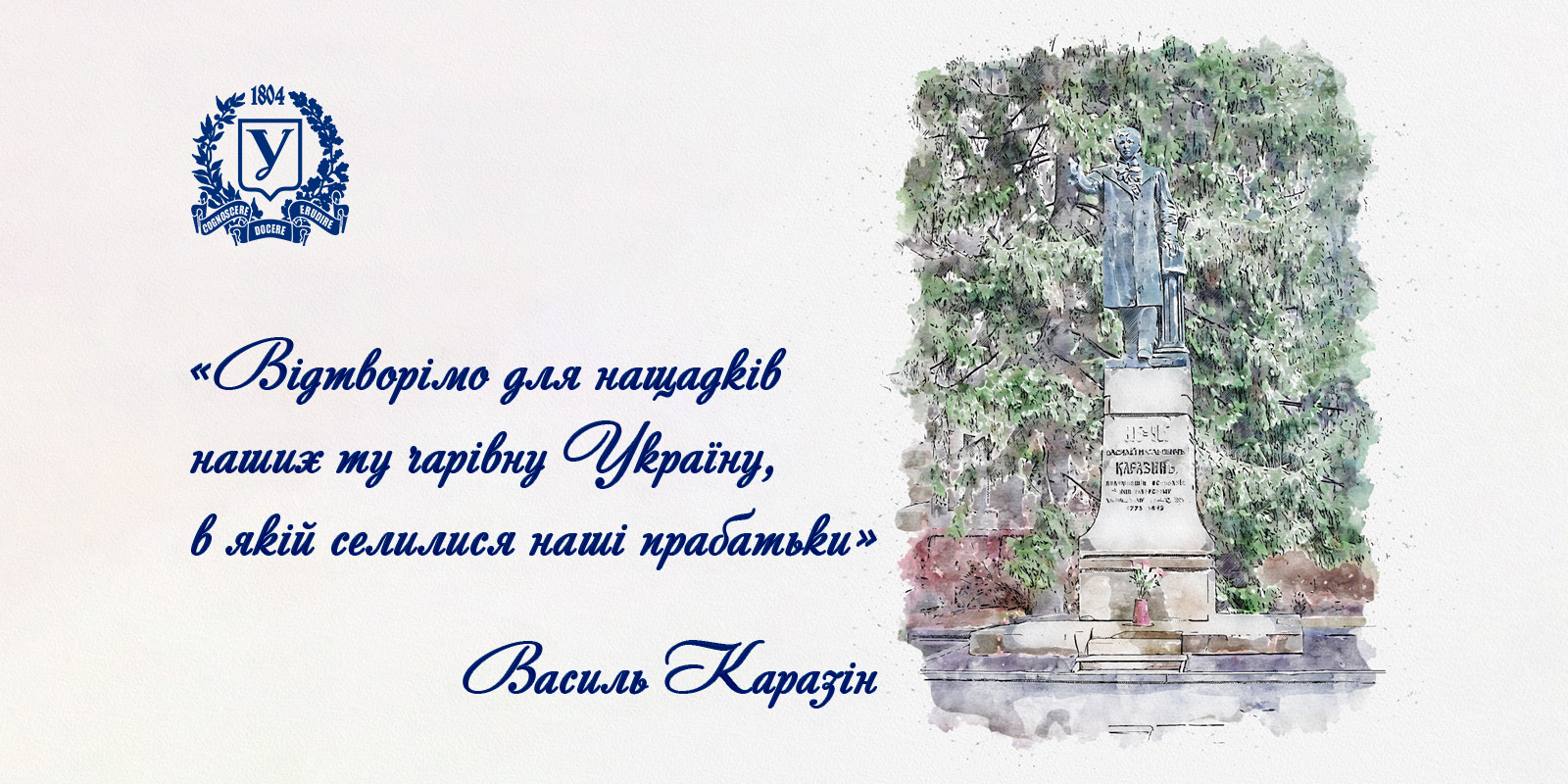
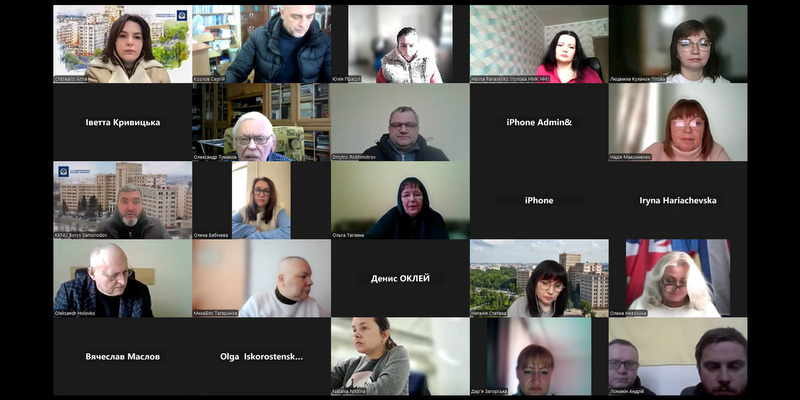
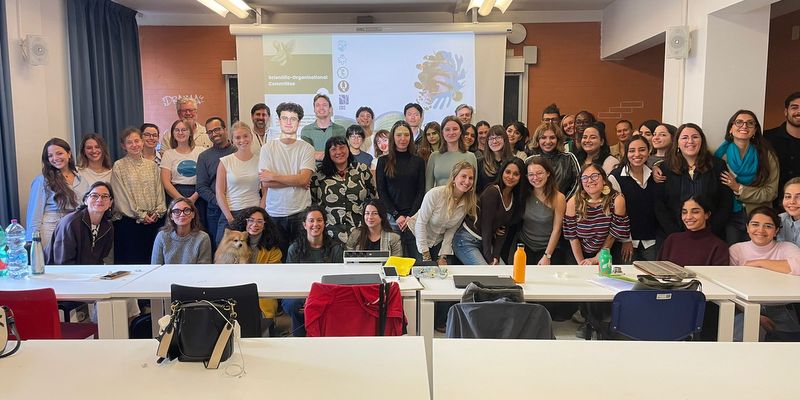
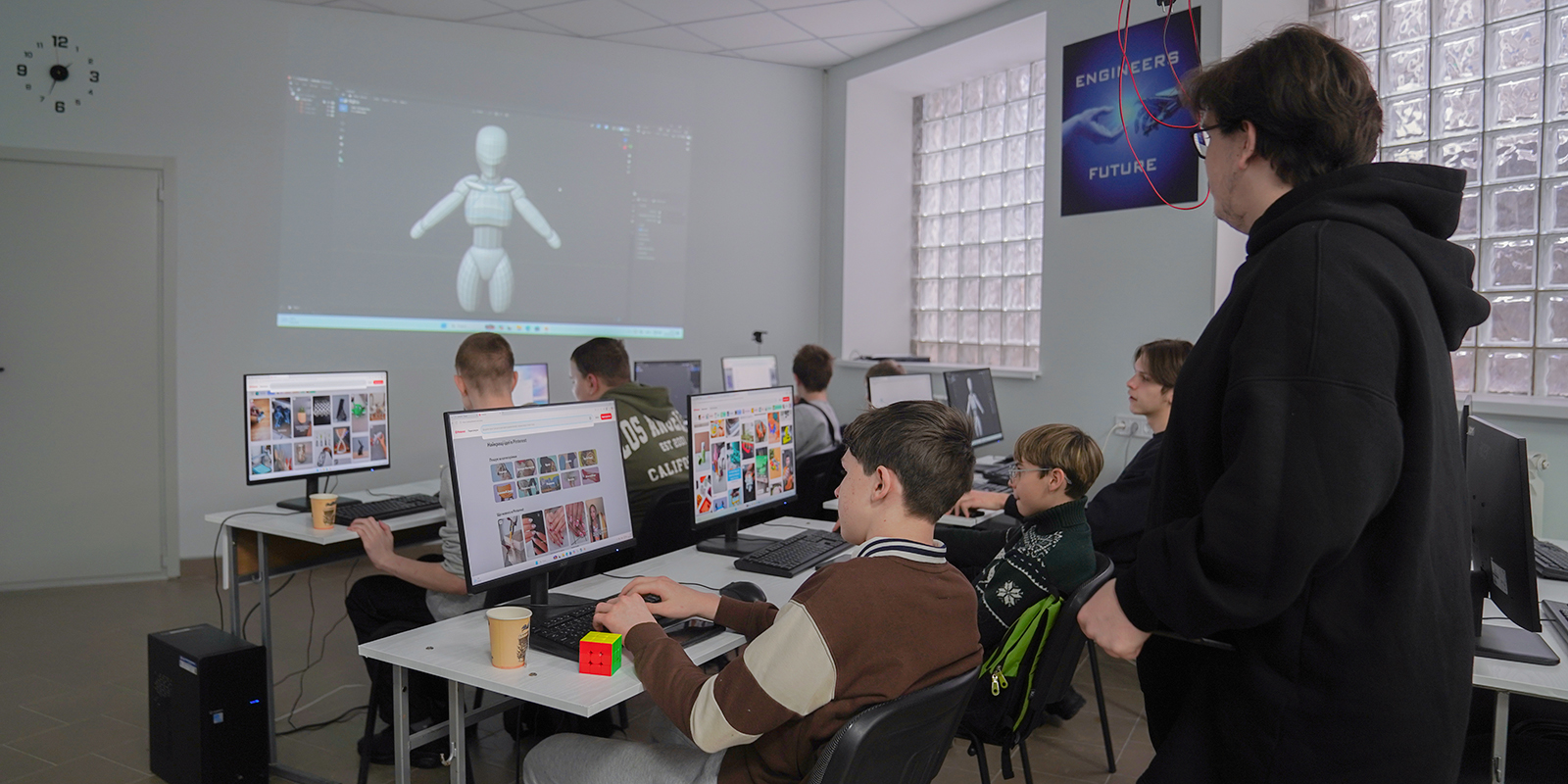
.jpg)
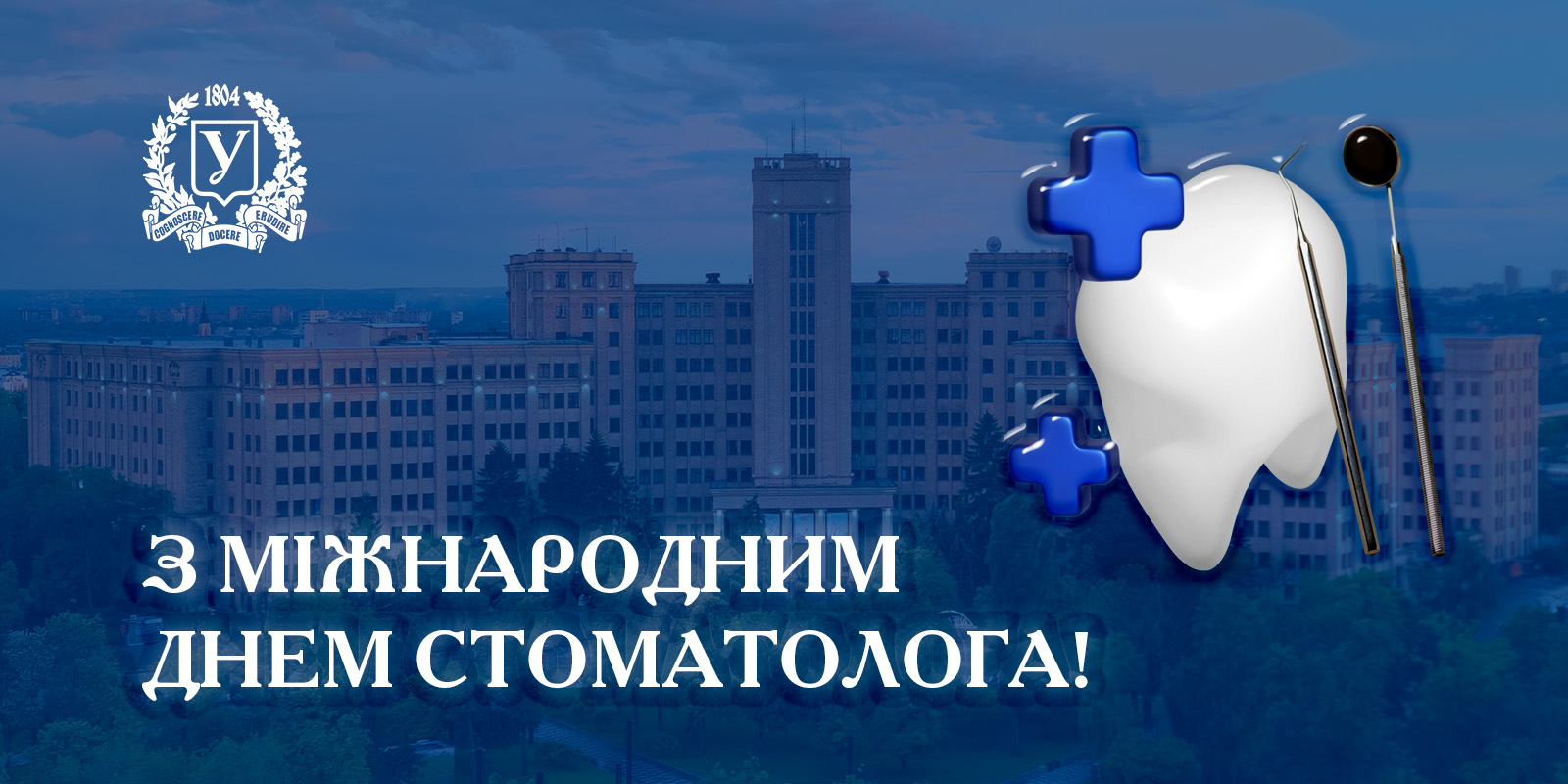
%20(1).jpg)
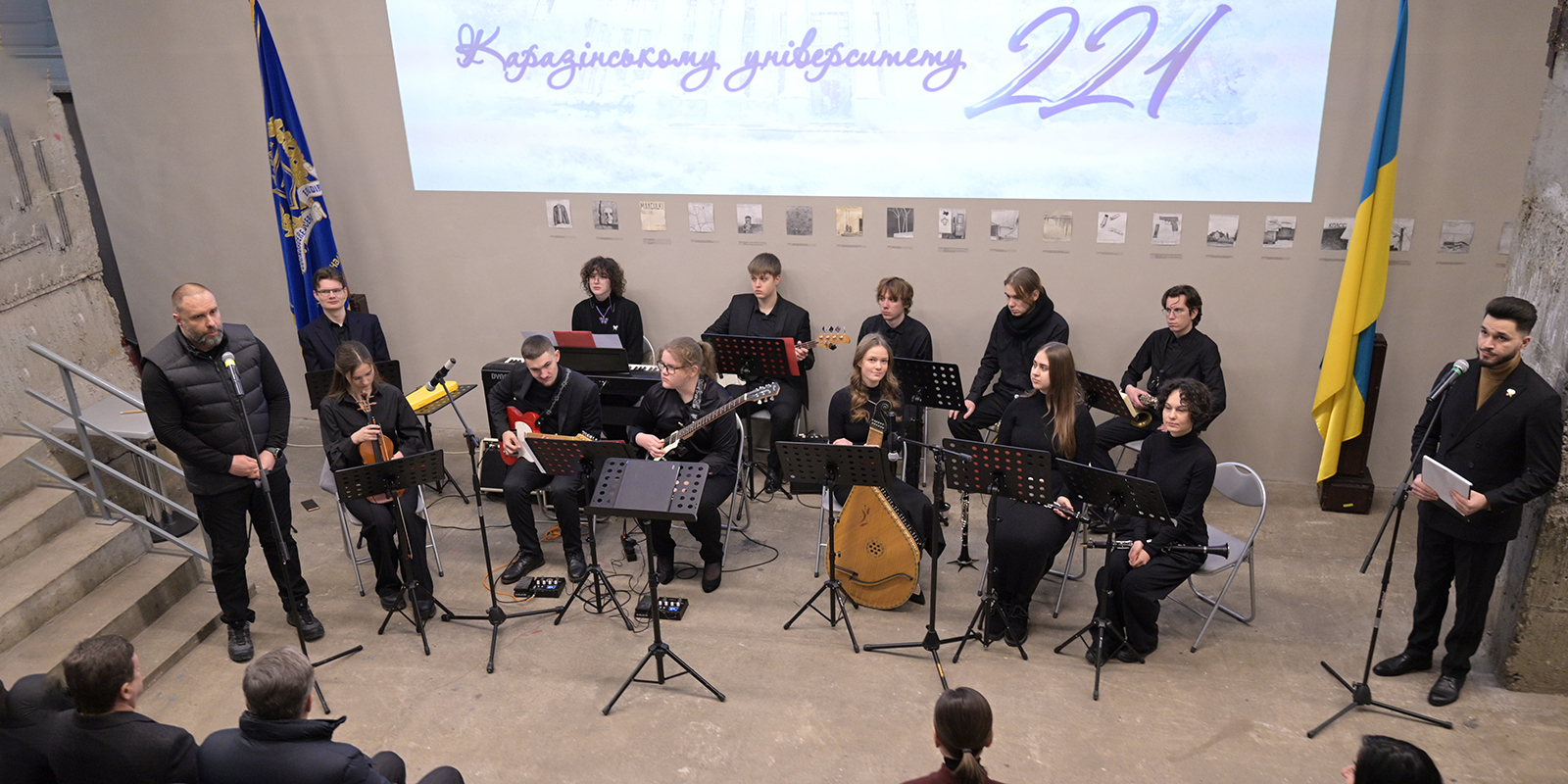
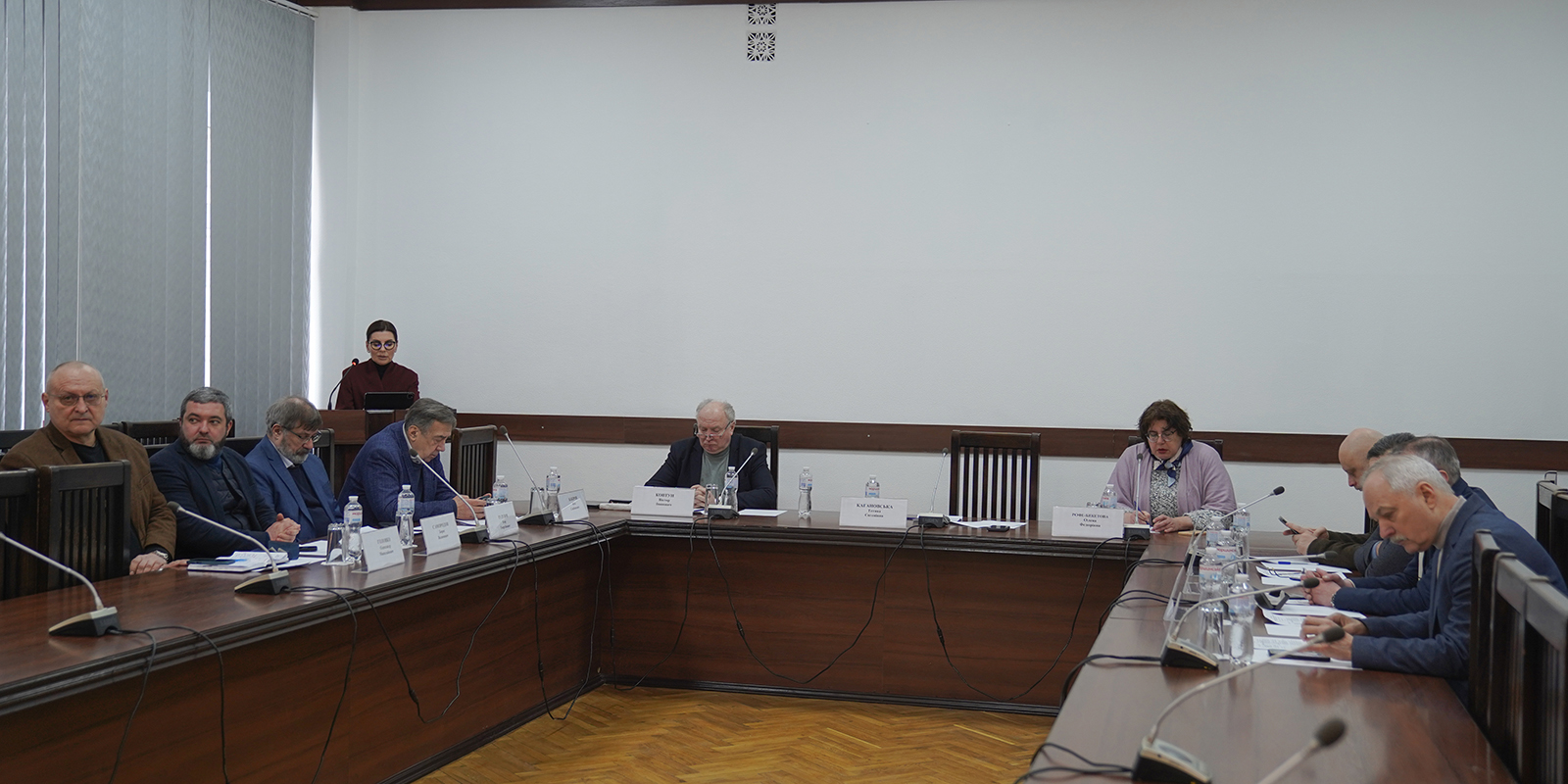
%20(1).png)